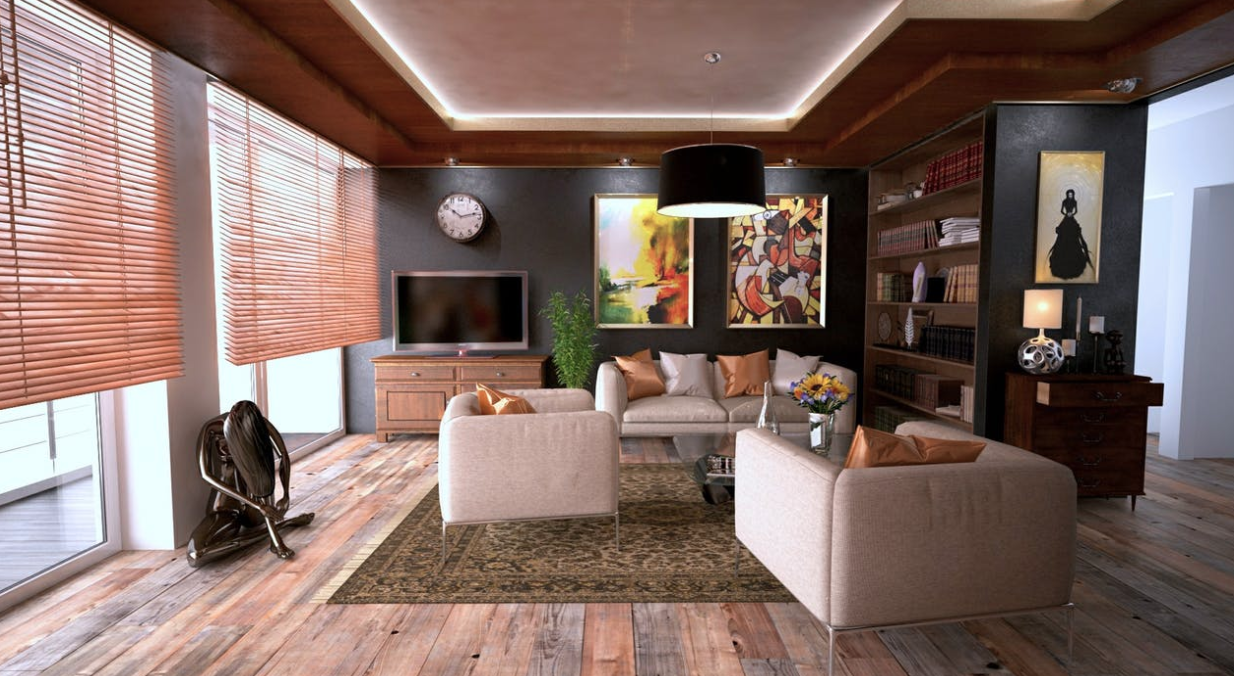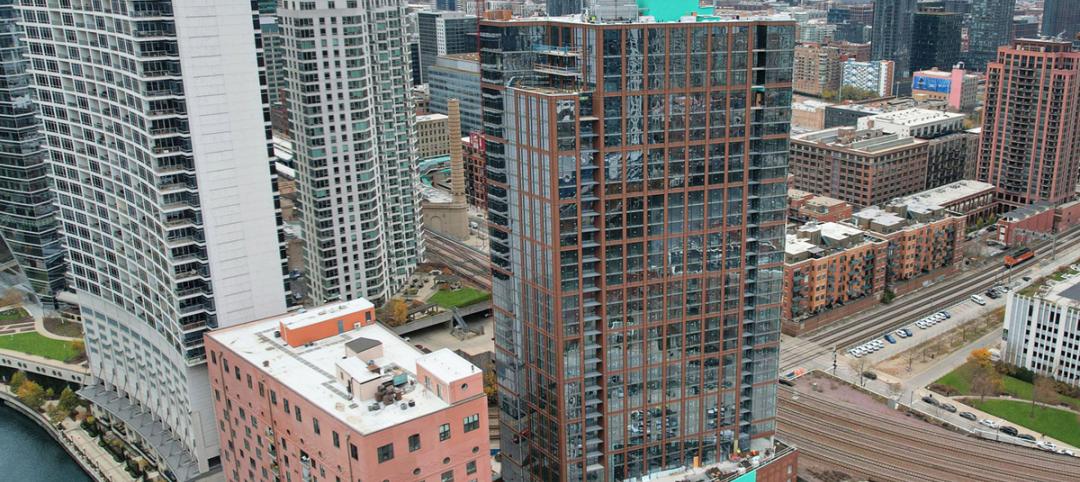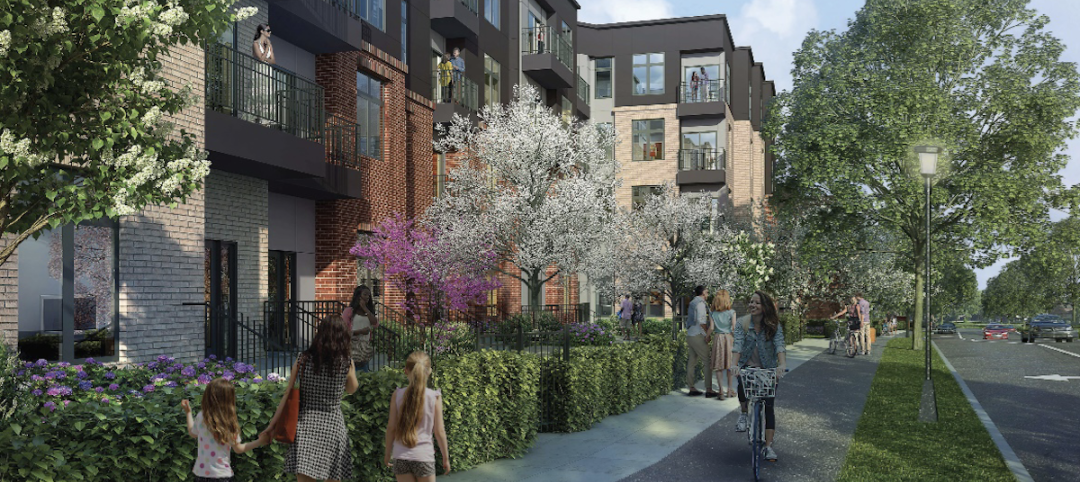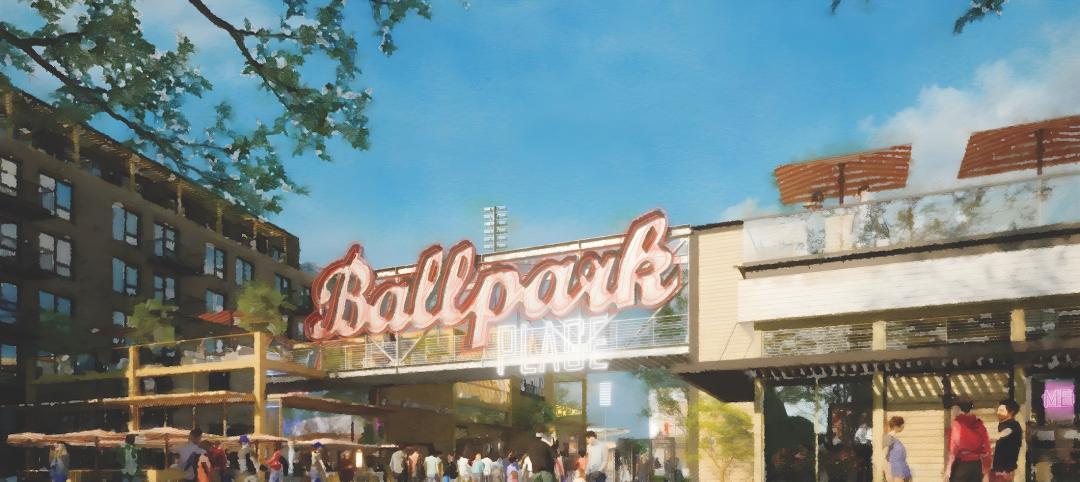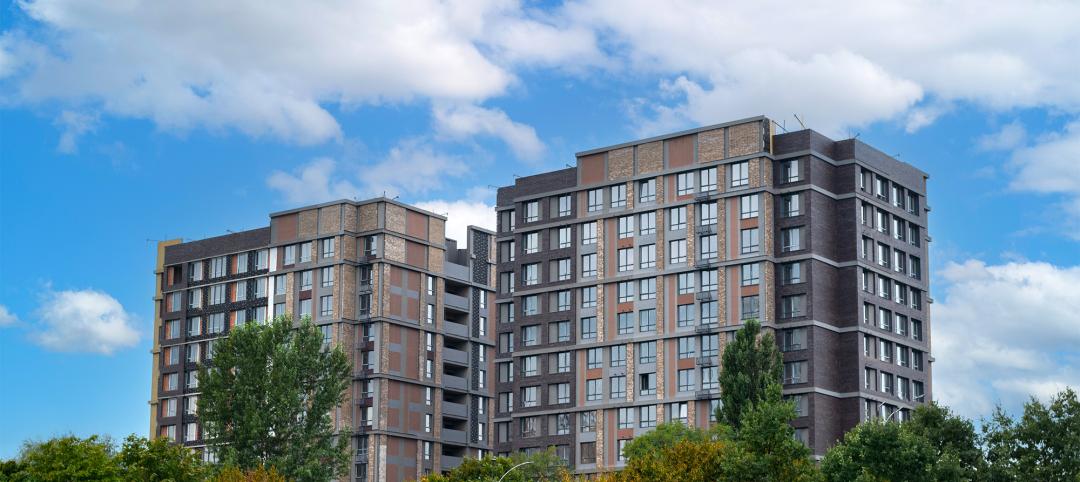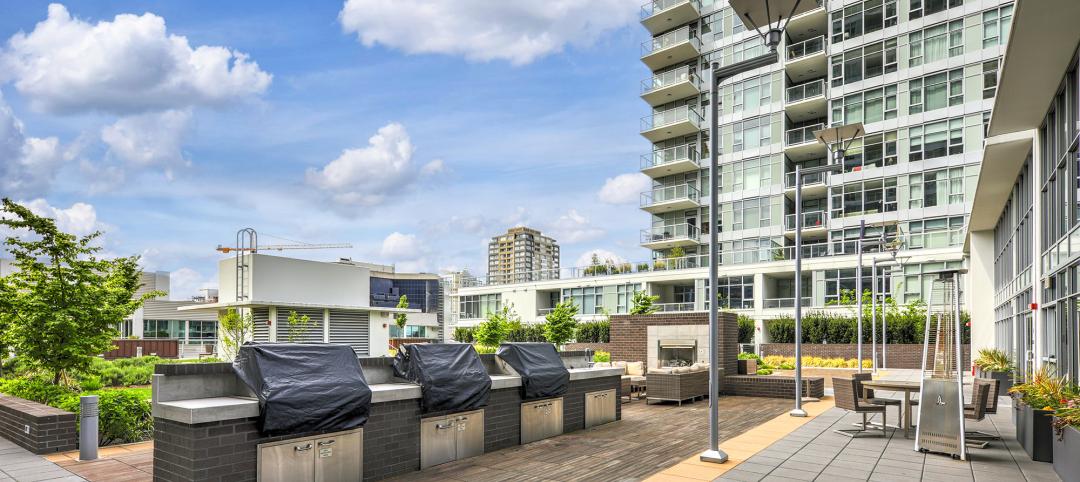As baby boomers seek to downsize from large homes, developers are increasingly designing apartments specifically for this demographic.
These apartments consist of features such as:
• Larger floor plans, both in terms of square footage and number of bedrooms
• More traditional layouts that reflect the homes baby boomers are familiar with
• Increased storage spaces both in the apartment units and additional rental spaces in the community
• Upscale finishes in kitchens and bathrooms, sometimes including special touches like wine chillers
• Luxury community amenities such as pet services, concierge, conference facilities, yoga classes, and dry cleaning in a quiet atmosphere
This trend is spreading nationally. According to recent Transwestern data, as of Q3, the average U.S. one-bedroom apartment is 874 sf, two-bedrooms are 903 sf, and three-bedrooms ring in at 976 sf.
However, newly constructed communities in the last 12 months average 935 sf for a one-bedroom, 945 sf for a two-bedroom, and 996 sf for a three-bedroom.
To meet demand for the larger rentals, developers are building a higher percentage of three-bedroom units. For example, Houston has seen an uptick in demand for three-bedroom apartments:
• Occupancy numbers are highest for three-bedroom units, at approximately 94%
• Rent growth for three-bedroom units is highest among all unit types at +.03%
More Transwestern multifamily research at: https://www.transwestern.com/corporate/research
Related Stories
Multifamily Housing | Apr 12, 2024
Habitat starts leasing Cassidy on Canal, a new luxury rental high-rise in Chicago
New 33-story Class A rental tower, designed by SCB, will offer 343 rental units.
MFPRO+ News | Apr 10, 2024
5 key design trends shaping tomorrow’s rental apartments
The multifamily landscape is ever-evolving as changing demographics, health concerns, and work patterns shape what tenants are looking for in their next home.
Mixed-Use | Apr 9, 2024
A surging master-planned community in Utah gets its own entertainment district
Since its construction began two decades ago, Daybreak, the 4,100-acre master-planned community in South Jordan, Utah, has been a catalyst and model for regional growth. The latest addition is a 200-acre mixed-use entertainment district that will serve as a walkable and bikeable neighborhood within the community, anchored by a minor-league baseball park and a cinema/entertainment complex.
Multifamily Housing | Apr 9, 2024
March reports record gains in multifamily rent growth in 20 months
Asking rents for multifamily units increased $8 during the month to $1,721; year-over-year growth grew 30 basis points to 0.9 percent—a normal seasonal growth pattern according to Yardi Matrix.
Industry Research | Apr 4, 2024
Expenses per multifamily unit reach $8,950 nationally
Overall expenses per multifamily unit rose to $8,950, a 7.1% increase year-over-year (YOY) as of January 2024, according to an examination of more than 20,000 properties analyzed by Yardi Matrix.
Affordable Housing | Apr 1, 2024
Biden Administration considers ways to influence local housing regulations
The Biden Administration is considering how to spur more affordable housing construction with strategies to influence reform of local housing regulations.
Affordable Housing | Apr 1, 2024
Chicago voters nix ‘mansion tax’ to fund efforts to reduce homelessness
Chicago voters in March rejected a proposed “mansion tax” that would have funded efforts to reduce homelessness in the city.
Standards | Apr 1, 2024
New technical bulletin covers window opening control devices
A new technical bulletin clarifies the definition of a window opening control device (WOCD) to promote greater understanding of the role of WOCDs and provide an understanding of a WOCD’s function.
Adaptive Reuse | Mar 26, 2024
Adaptive Reuse Scorecard released to help developers assess project viability
Lamar Johnson Collaborative announced the debut of the firm’s Adaptive Reuse Scorecard, a proprietary methodology to quickly analyze the viability of converting buildings to other uses.
Green | Mar 25, 2024
Zero-carbon multifamily development designed for transactive energy
Living EmPower House, which is set to be the first zero-carbon, replicable, and equitable multifamily development designed for transactive energy, recently was awarded a $9 million Next EPIC Grant Construction Loan from the State of California.


